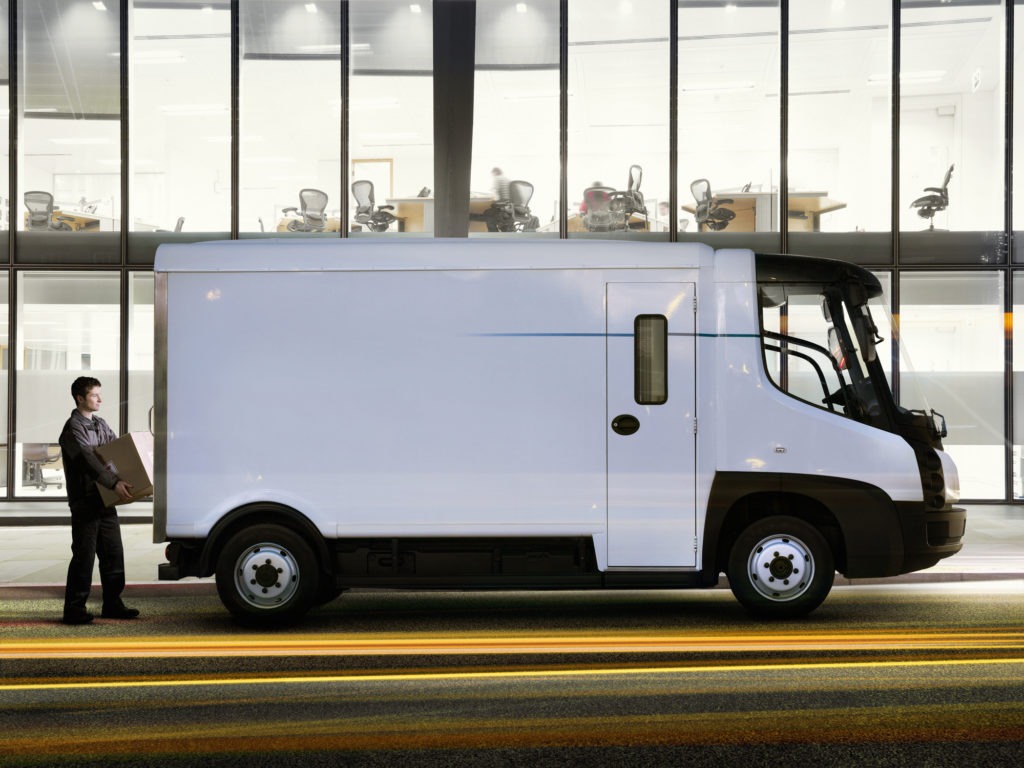Electric vehicles caught up in German new-car market struggles take a hit
05 May 2022

While electric vehicles (EVs) had seen steady growth for months in the German new-car market, this segment is coming under pressure. In April, registrations for new battery-electric vehicles (BEVs) were down by almost 7% year on year.
Overall, new-car registrations in Germany amounted to 180,264 units in April – a steep drop of 21.5% compared to a year ago, according to the latest figures released by the Kraftfahrt-Bundesamt (KBA).
Due to economic uncertainty and geopolitical developments, Autovista24 has adjusted its Germany forecast and now projects 2.73 million new-car registrations in 2022, an increase of 4.3% year on year.
‘The seriousness of the situation is underlined by the fact that new registrations are now declining even for electric cars,’ said Reinhard Zirpel, president of the German association of international motor vehicle manufacturers (VDIK). ‘The automotive industry continues to struggle with the various external disruptions to production. Potential customers of electric vehicles are also unsure about the future subsidy conditions. The federal government should therefore quickly create clarity and continue to ambitiously promote both pure electric vehicles and plug-in hybrids.’
The VDIK cautioned that the hope for a recovery of the German car market in 2022 was fading from month to month. Around 806,200 new cars were registered in the first four months of 2022, which corresponds to a 9% drop compared to the same period last year.
Automotive industry under pressure
The news of falling new-car registrations comes after international automotive markets took a hit during the first quarter, recording significant declines of new-car registrations – and that downward trend largely continued into April. Supply-chain disruptions, coupled with the war in Ukraine, is further aggravating market conditions.
In Germany, BMW was forced to stop production at its Regensburg plant in April due to a lack of semiconductors. Production there came to a halt for at least a week, affecting the press shop, paint shop, bodyshop and assembly. A third of the 9,000 employees at the site have been affected. Around 1,000 BMW models usually roll of the production line there every week, including the X1 and the X2.
The association of the German Automotive Industry (VDA) warned of ‘major uncertainties’, citing bottlenecks of primary car products, tight supply chains, and the war in Ukraine. It said automotive markets across the globe have come under increasing pressure.
Carmakers are also concerned about the prospect of Russia cutting gas deliveries to Germany, with Mercedes-Benz saying it was looking at energy alternatives. ‘Every company is looking at options for diversifying energy sources. It is still too early to say exactly which scenario will happen, but of course we are carefully looking at this,’ CEO Ola Källenius told Reuters ahead of the company's annual general meeting last week.
Rising inflation and consumer prices
The German government recently increased its 2022 inflation forecast to 6.1% due to the war in Ukraine. This figure is up from 3.3% it had forecast in January. In March, annual inflation rose to a 40-year high, not least because of price spikes of natural gas and oil products. According to the latest estimated by the Statistics Office, the inflation rate in Germany reached 7.4% in April, compared to 7.3% in March and 5.1% in February.
‘A similarly high inflation rate was last recorded in Germany in autumn 1981 when mineral oil prices had sharply increased as a consequence of the first Gulf war between Iraq and Iran,’ the Statistics Office said. It cited delivery bottlenecks, supply-chain disruptions, and marked price increases at upstream stages in the economic process as additional factors, following Russia’s invasion of Ukraine.
Consumer prices are expected to rise by 0.8% in April, compared to the previous month. Carmakers are increasing prices of new vehicles. Tesla’s cheapest electric vehicle, the Model 3, became more expensive overnight. In Germany, the Model 3 cost €42,900 and is now available for €49,900, an increase of more than 16%.
A new study by the Duisburg-based Center Automotive Research also found that discounts for new cars on the German car market continued to decline in April, with the institute citing scarce supply of new vehicles. It also warned that the car market could end the year ‘with a new negative record.’ While carmakers are able to make profits thanks to high margins, car buyers are dealt a less favourable hand.
This was confirmed by the Munich-based ifo Institute for Economic Research, which found that carmakers’ expectations dropped in April, but manufacturers were able to command higher prices. ‘They [car manufacturers] can increase their income despite selling fewer units. A lack of intermediate products has caused manufacturers to scale back production,’ said Oliver Falck, director of the ifo Centre for Industrial Organisation and New Technologies. However, their production expectations are optimistic, he added.



